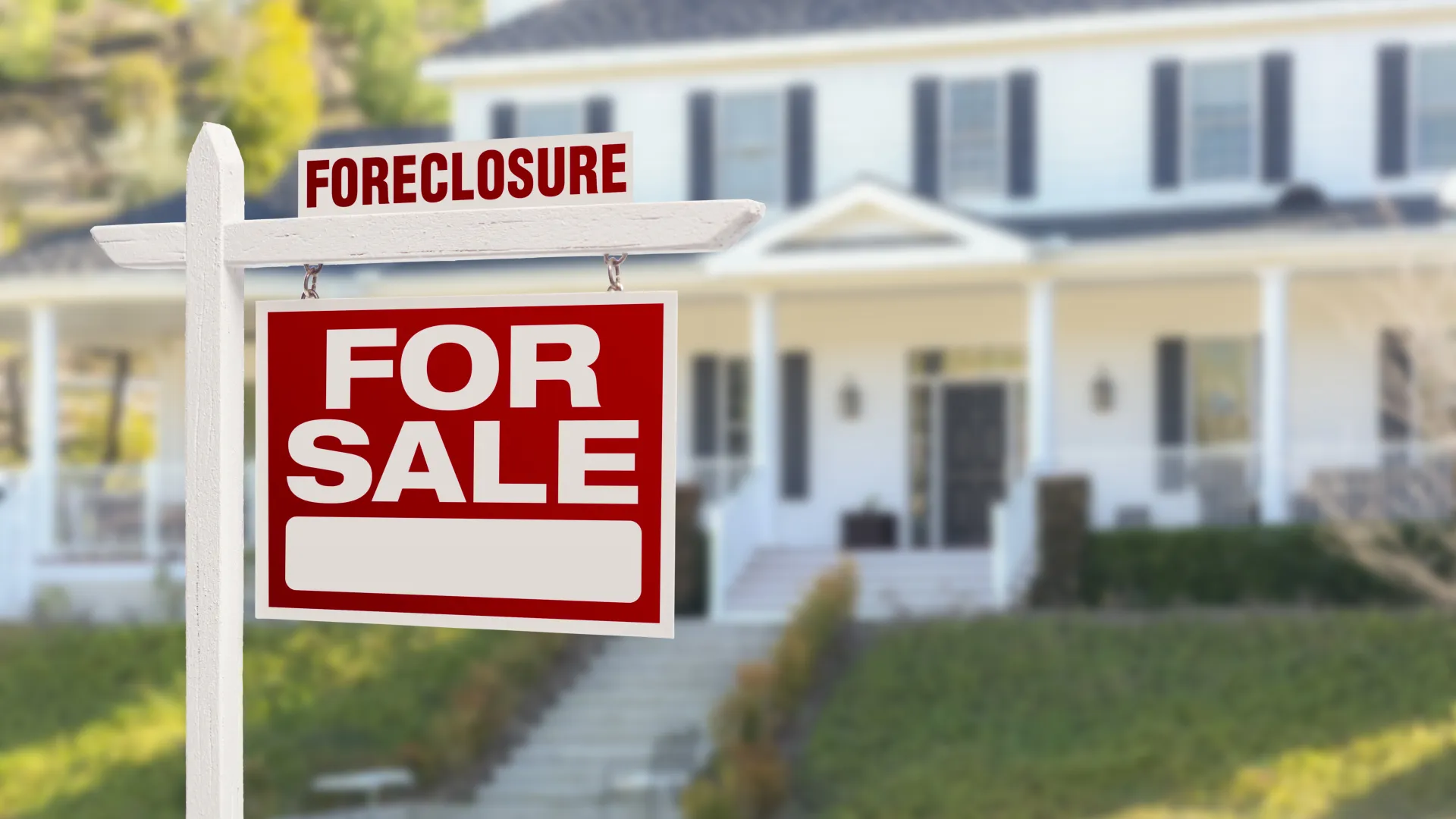
Foreclosure and Short Sale
Foreclosure and Short Sale
The marital home is often the most valuable asset couples must divide upon divorce. Due to the current state of the real estate market, however, the marital home is also often the largest debt that a couple must cope with as well. As divorce constitutes an additional financial strain to couples who may have already experienced financial difficulty before the divorce, many couples may seek to rid themselves of the financial burden of paying a monthly mortgage. However, if the marital home is underwater - meaning the home's value is less than the current outstanding mortgage on the house - it may be difficult or even impossible for the parties to sell the home at a price that will satisfy the mortgage.
In such an event, there are two options that homeowners facing divorce and the financial hardships that often accompany divorce may have to consider: Foreclosure and Short Sale.
Short Sale
Before delving into how a short sale may be the best way for a divorcing couple to deal with disposing of the marital home, a discussion concerning the basics of a short sale may be necessary.
A short sale is a process that allows a homeowner to sell his or her home for less than what is owed on the mortgage. It is an alternative to foreclosure, which is when the bank takes ownership of the house to pay off what is owed. A short sale occurs when, for example, the outstanding mortgage balance on a marital home is $170,000, and a buyer makes an offer of $150,000. If the marital homeowners accept the buyer's offer, a short sale will occur, and the owners will suffer a $20,000 loss, often known as a deficiency.
For divorcing couples, a short sale may be the best alternative for dealing with the marital home, especially if the outstanding mortgage on the house is higher than what the home is currently worth and if both spouses wish to sell the home because neither can afford the monthly payments or home maintenance post-divorce. However, it is important to note that sometimes in the event of a short sale, the bank or lending intuition may require the borrowers to satisfy the deficiency or the balance of a mortgage that is still left once the short sale is complete. In today's real estate climate, though, some lenders may forgive the deficiency in the case of a short sale because the home would be worth less to the lending institution if it were to go into foreclosure. Additionally, similar to foreclosures, a short sale will negatively impact the borrower's credit. Although the impact is not as severe as the impact caused by foreclosure, a short sale may prevent borrowers from purchasing another home for two to three years.
Foreclosure
Almost every real estate or mortgage professional will agree, allowing a marital residence to fall into foreclosure is the last alternative that any divorcing or divorced couple should consider. This is so, because unlike short sales, foreclosures may harm the borrower's credit for up to seven years, limiting the borrower's ability to obtain additional or new credit such as a new home mortgage. Additionally, in foreclosure, the lender may pursue the borrower for the amount that is still owed, and the borrower may suffer a tax penalty. Because it is often the case that both spouses, or former spouses, are listed as borrowers on the marital home mortgage, both parties will suffer the adverse consequences of foreclosure should it occur. Thus, it is important for parties undergoing the divorce process to work together, if at all possible, to seek alternatives to foreclosure, such as short sales, loan modifications, or seeking to rent the marital residence to a third party until the home may be sold at an acceptable price.
If you are facing a divorce and it is becoming increasingly difficult for you to satisfy your mortgage obligation or feel that upon divorce, you will no longer be able to satisfy your mortgage obligation and share this concern with your Georgia divorce attorney and contact your lender immediately. Your divorce attorney will be able to advise you on what alternatives would be best in your particular matter, and your lender will be able to give you further insight on what is necessary to begin the short sale process or what the impact of foreclosure would be on your particular circumstance.
